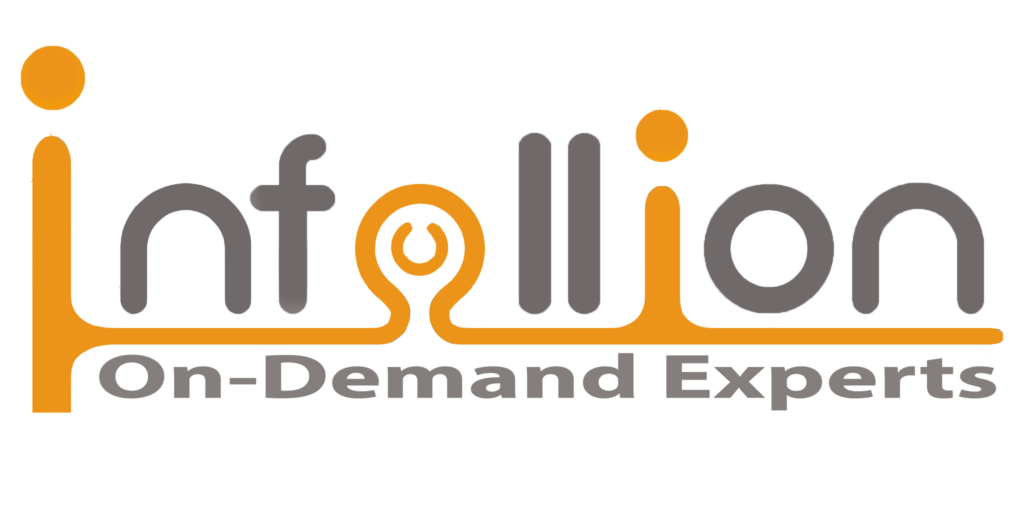Program Overview
The Generative AI for Business Functions: From Strategy to Execution program empowers leaders and professionals to translate AI potential into tangible business outcomes. Delivered by an industry veteran with over 25 years of experience, this immersive one-day program blends conceptual clarity with practical application—covering core AI concepts, prompt engineering, governance frameworks, and real-world functional use cases across HR, Finance, Marketing, Operations, and Supply Chain. Participants will explore enterprise-ready AI tools, examine ethical and data governance considerations, and engage in interactive simulations to design their own AI adoption roadmaps. The session is designed to help corporates move from experimentation to scalable AI deployment.
Features
- Understand Generative AI fundamentals, tools, and enterprise applications
- Identify and prioritize high-impact AI use cases within core functions
- Apply governance, data ethics, and risk frameworks for responsible AI adoption
- Develop a functional GenAI roadmap linking business goals to measurable outcomes
Target audiences
- Business & Functional Heads
- Digital Strategists
- IT Professionals
- Data Analysts
- Innovation Team Leads
Curriculum
- 5 Sections
- 29 Lessons
- 1 Day
- The GenAI Revolution – Concepts, Capabilities & Corporate Relevance5
- 1.1Evolution of Generative AI – from machine learning to large language models (LLMs)
- 1.2Transformers, Fine-tuning, Prompt engineering, Embeddings, Hallucinations, Multimodality, Foundation Models
- 1.3Overview of GenAI’s corporate impact – productivity, creativity, and strategic transformation
- 1.4The GenAI ecosystem: OpenAI, Anthropic, Google Gemini, Mistral, and enterprise tools
- 1.5Discussion: Identify potential AI touchpoints within business functions
- From Strategy to Execution – Embedding GenAI in Business Functions9
- 2.1Framework for enterprise AI adoption – Strategy → Use Cases → Governance → Scale.
- 2.2Marketing: Personalized content generation, campaign optimization
- 2.3Finance: Report automation, predictive analytics, risk modeling
- 2.4HR: Talent screening, learning personalization, policy drafting
- 2.5Operations: Workflow optimization, predictive maintenance, supply chain visibility
- 2.6Sales: Proposal drafting, lead scoring, customer engagement bots
- 2.7Case Study 1: AI-driven audit efficiency model
- 2.8Case Study 2: GenAI use in marketing and procurement analytics
- 2.9Exercise: Identify 2–3 high-impact AI opportunities in their functions
- Data, Ethics, and Responsible AI Deployment5
- 3.1Understanding data governance, model transparency, AI bias, and ethical safeguards
- 3.2Regulatory landscape: EU AI Act, India’s DPDP Act, NIST AI Risk Framework
- 3.3Corporate policies for safe AI deployment – human-in-the-loop, data classification, IP protection
- 3.4RLHF, RAG, Guardrails
- 3.5Exercise: Evaluate an AI use case for risk, bias, and ethical compliance
- Generative AI Tools & Platforms – Hands-on Exploration5
- 4.1Overview of enterprise-grade GenAI tools – ChatGPT Enterprise, Gemini, Copilot, Claude, Jasper, Synthesia, and Writer
- 4.2Prompt engineering techniques for business – zero-shot, chain-of-thought, and persona-based prompting
- 4.3Building AI workflows using integrations (APIs, Power Automate, Zapier, custom copilots).
- 4.4Live Demo & Activity: Design a prompt workflow to automate a business task (report generation / customer email creation).
- 4.5Discussion: Barriers to adoption – data quality, change management, skill gaps
- Building a Future-Ready AI Roadmap for Your Organization5
- 5.1Developing a GenAI strategy aligned with business priorities
- 5.2Identifying ROI metrics: cost savings, cycle-time reduction, and innovation throughput
- 5.3Building internal capability: AI upskilling, cross-functional AI taskforces, CoE (Center of Excellence)
- 5.4Workshop Exercise: Teams design a 6–12 month AI transformation roadmap for their function
- 5.5Discussion: AI-Driven Leadership Mindset – Leading with Curiosity, Control & Creativity






